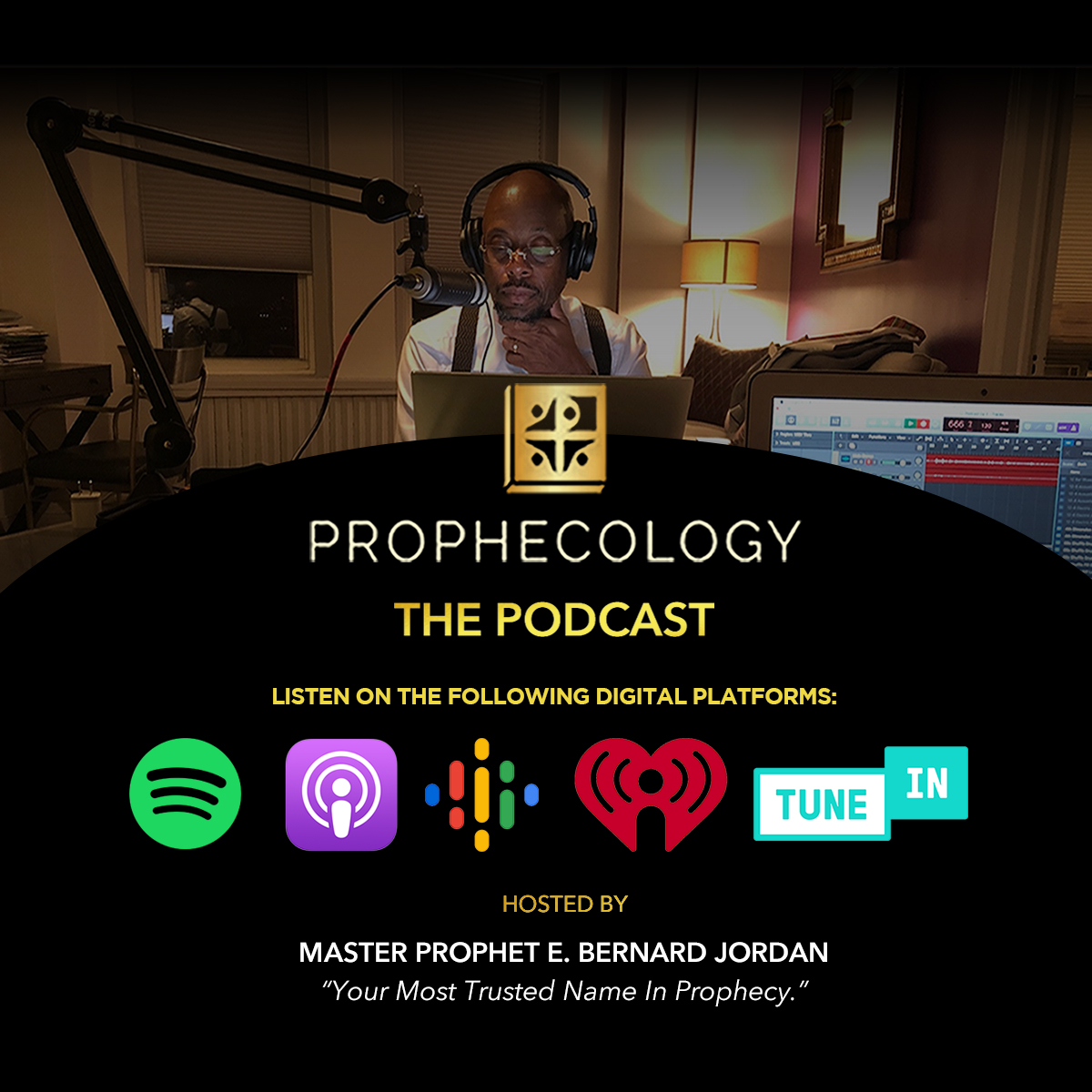DOES GOD HAVE ROOM IN YOUR LIFE?
October 18, 2017 2023-04-05 19:11DOES GOD HAVE ROOM IN YOUR LIFE?
DOES GOD HAVE ROOM IN YOUR LIFE?
Bonhoeffer wrote in his 1928 essay, Jesus Christ and the Essence of Christianity,
God comes to people who have nothing but room for God—and this hollow space, this emptiness in people is called Christian speech, faith. This means that in Jesus of Nazareth, the revealer, God inclines to the sinner; Jesus seeks the companionship of the sinner, goes after him or her in boundless love. He wants to be where a human person is no longer anything. The meaning of the life of Jesus is the demonstration of this divine will for sinners, for those who are unworthy.
We are seldom at a point where we allow ourselves to be an empty space, where faith can create breakthroughs. Emptying ourselves out is often uncomfortable and, in most instances, painful. We have to let go of certain luxuries and comforts in order to become an empty space. We have to consider others’ interests to be higher than ours. Indeed, for human beings to be selfless is not natural.
The Prophet Elijah is another model for what it is like to be a prophet in the marketplace. He trusted God and he allowed Him to provide for everything he needed. He could do away with the comforts of his everyday life because he had God. Elijah also witnessed the power of God when he was fed by the ravens and drank from the brook (1 Kings 17:6). Ravens are selfish creatures, and being so, it is not in their nature to share with other animals, much less bring humans food. God commanded the ravens to do so, and they obeyed.
Why did God allow the brook to dry up (1 Kings 17:7) and stop the ravens from bringing him food? God wants us to depend on him. God’s provision in the city was also displayed through the help of a widow when the brook dried up. The Lord instructed Elijah to go and stay in Zarephath, where a widow would feed him (1 Kings 17). God wants us to depend on him alone. Maybe Elijah became complacent with his bird food delivery service. He changed up the mode of provision, so that Elijah knew that he must depend on God alone. When we have nothing, we realize completely that only God can provide for us. It is in this empty space that we can access the abundance of God.
When it was Elijah’s turn, when everything was ready for the sacrifice, he said a prayer which expressed Elijah’s priorities. First, he wanted it known that God, not Baal, was the true God of Israel. Second, he wanted everyone to know that his role was that of God’s servant. All glory and credit should go to God. Finally, he showed that he still cared for the people. He was eager for them to turn “their heart back” (1 Kings 18:37) to the Lord. Despite all the misery that they had caused on themselves because of their faithlessness, Elijah still had compassion on them. Fire immediately fell and consumed the entire altar, even the water in the trench (1 Kings 18:38). In a similar way, we can manifest the same humility and love for others, in the name of the Lord.
Based on the story of Elijah, we are shown a picture of what it means to be a prophet in the marketplace. Elijah was not afraid of the prophets of Baal, no matter how many they were in number. He did not hold a grudge in his heart against the people of Israel. Instead, he gave back all the glory to God and he exhibited God’s love in his prayer. At the end of the day, the purpose of the prophet in the marketplace is to glorify God.
Allow yourself to be an empty space for God to move and to minister to other people. Be equipped and sign up for this FREE Course and experience the Power of Prophecy to open up your mind to what God is doing in your life right now!
What are the ways God is emptying your life right now? What are the promises you believe God will fill your life with today?






